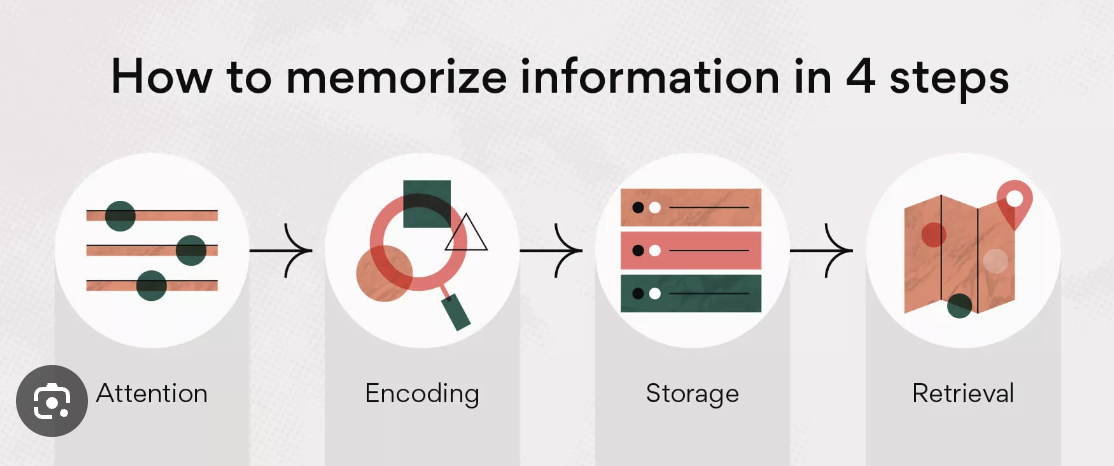
Memorisation is a major aspect of academic success, however, what works for one person might be different for another. It is important to consider that all students learn differently, so below are a couple of tips outlining different methods of memorisation I found to be very effective.
Active Recall
Whilst it can be daunting to throw yourself in the deep end and cover the answer, testing yourself is one of the most effective ways to consolidate the information you have learnt and see whether you can actually recall it, or whether it requires more studying. Instead of simply just re-reading pages and pages of notes, focusing on the key concepts and testing yourself without looking at the answer will help solidify the information into your memory, and identify areas that need a bit of extra work. Flashcards or mini quizzes are very helpful for active recall as they don’t require you to physically cover the answer, but instead just flip it over once you’ve given it your best shot!
Teaching others
Once you think you are somewhat confident with a topic, the real test of your knowledge is to see whether you can teach the content to someone else for the first time. Explaining a concept to another person actually forces you to fully understand it and be able to break it down into smaller, more understandable segments, ultimately reinforcing your memory in the process.
Using mnemonics
Mnemonics are simply just any form of memory aid that helps you retain information through association. There are a variety of different mnemonics that work for different people, such as rhymes, visual aids or acronyms, all of which aim to make complex information a bit simpler so that it is easier to understand and recall.
Daisy Brenac

